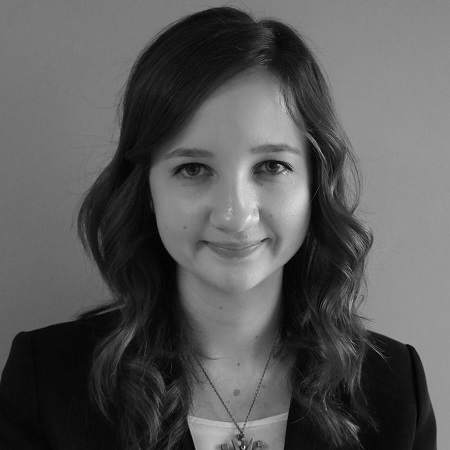Burcu Osmanoglu FCIArb
Why have you decided to specialise in ADR? What attracted you to this area of law?
I became interested in arbitration when completing my LL.B. at the University of Paris 1 Panthéon Sorbonne in International and European Law. Subsequently, I had a chance to acquire extensive knowledge on international arbitration during my LL.M. studies in Comparative and International Dispute Resolution at Queen Mary, University of London lead by renowned arbitration practitioners, including Professor Julian Lew QC and Professor Loukas Mistelis. It encouraged me to learn more about arbitration and be a part of CIArb’s prestigious community. I am fascinated by the efficacy of arbitration for the resolution of international disputes and look forward to witnessing its challenging but bright future.
What do you consider as the biggest challenge for the ADR in the future?
As to the arbitration, the 2018 International Arbitration Survey has shown that cost and lack of speed continues to be seen as arbitration’s worst features which can be a challenge for the evolution of the international arbitration. That being said, the evolution of technology leading to extensive use of information technology can help the parties to save cost and time.
What is it like to work in a predominantly male profession such as ADR?
Female practitioners have faced many obstacles to be considered as equals in all fields including professional fields predominated by male practitioners such as ADR. I must say that it’s even more challenging if you are a young practitioner and coming from a jurisdiction where the use of ADR has not been widely adopted. ArbitralWomen has very good initiatives in promoting gender equality and access to equal opportunities in international dispute resolution. In any case, despite the obstacles, history shows that women have won every battle.
How has a membership with the Chartered Institute of Arbitrators benefitted your career?
Chartered Institute of Arbitrators has a very special place in my life. Starting with the Peer Interview for Fellowship, I had the privilege of having excellent mentors who encouraged me to be involved in the Institute and contributed to my personal and professional development.
What do you consider to be your biggest achievement in the field thus far?
I am proud to be a Fellow of the Institute and probably the first female Honorary Secretary of the European Branch.
Tell us about your interests, hobbies or any out of work activities.
I have been taking aerial arts classes such as the hoop, silk and trapeze. I also enjoy playing the piano and making small sculptures.
